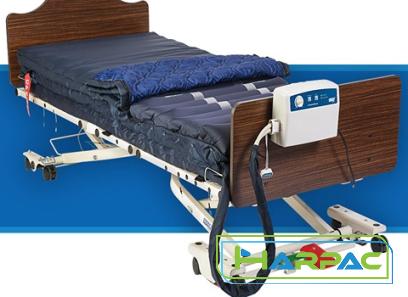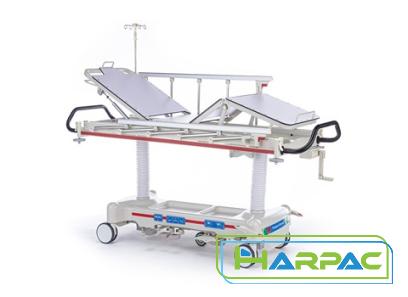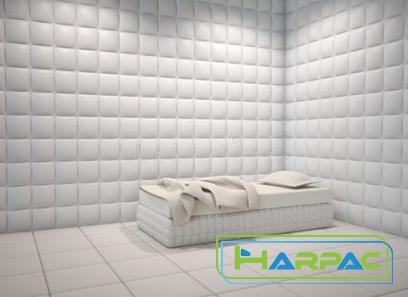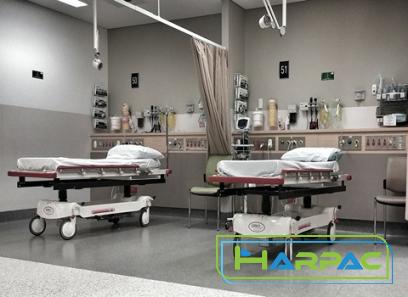In healthcare settings, hospital beds are a crucial element in ensuring patient comfort and promoting faster recovery. An often overlooked component of a hospital bed is the mattress cover. Besides providing a layer of comfort, mattress covers play a crucial role in maintaining hygiene. This article explores the importance of hospital bed mattress covers, highlighting their benefits in enhancing patient comfort and preventing the spread of infections.
1. Ensuring Patient Comfort
Hospital bed mattress covers are designed to offer optimal comfort to patients during their stay. These covers are typically made of high-quality materials that provide cushioning and support. The addition of foam or other pressure-relieving materials within the mattress cover can help distribute the patient’s weight evenly, reducing the risk of pressure ulcers. Moreover, mattress covers can minimize noise, vibrations, and heat, promoting uninterrupted sleep and allowing patients to rest and recover more effectively.
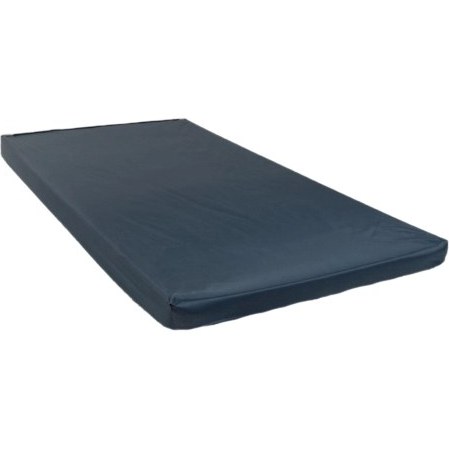
2. Maintaining Hygiene Standards
Hospital-acquired infections pose a significant risk to patients, but the use of proper mattress covers can contribute to controlling their spread. Hospital bed mattress covers act as a barrier against bodily fluids, preventing direct contact with the mattress itself. This protection ensures that any potential pathogens are unable to penetrate the mattress and thrive, reducing the risk of contamination. Additionally, mattress covers are designed to be easily cleaned and disinfected, allowing healthcare professionals to maintain strict hygiene protocols.
3. Preventing Infections
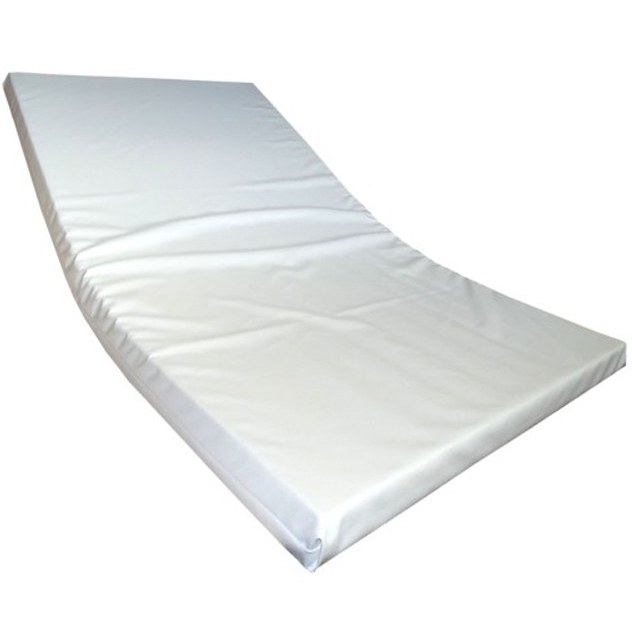
Bacteria, viruses, and fungi can accumulate and thrive in hospital environments. By utilizing mattress covers specifically designed for infection control, healthcare facilities can significantly reduce the risk of hospital-acquired infections. Antimicrobial mattress covers are constructed with antimicrobial agents that inhibit the growth of microorganisms, ensuring a cleaner sleeping surface for patients. These covers are also effective against drug-resistant bacteria, such as methicillin-resistant Staphylococcus aureus (MRSA), preventing the spread of these dangerous pathogens.
4. Extending Mattress Lifespan
Hospital beds and mattresses are significant investments, and by using mattress covers, healthcare facilities can extend the lifespan of their mattresses. The covers act as a protective barrier, shielding the mattress from wear and tear caused by regular use, spills, and stains. This added protection reduces the need for frequent replacement, resulting in cost savings for healthcare institutions.

Hospital bed mattress covers are an integral part of patient care, enhancing comfort while also playing a vital role in maintaining hygiene. By investing in high-quality covers, healthcare facilities can prioritize patient well-being, prevent infections, and safeguard their investment in hospital beds and mattresses.
With the right hospital bed mattress covers, patients can experience enhanced comfort, improved hygiene, and reduced risk of infections, making the recovery process smoother and more successful.
